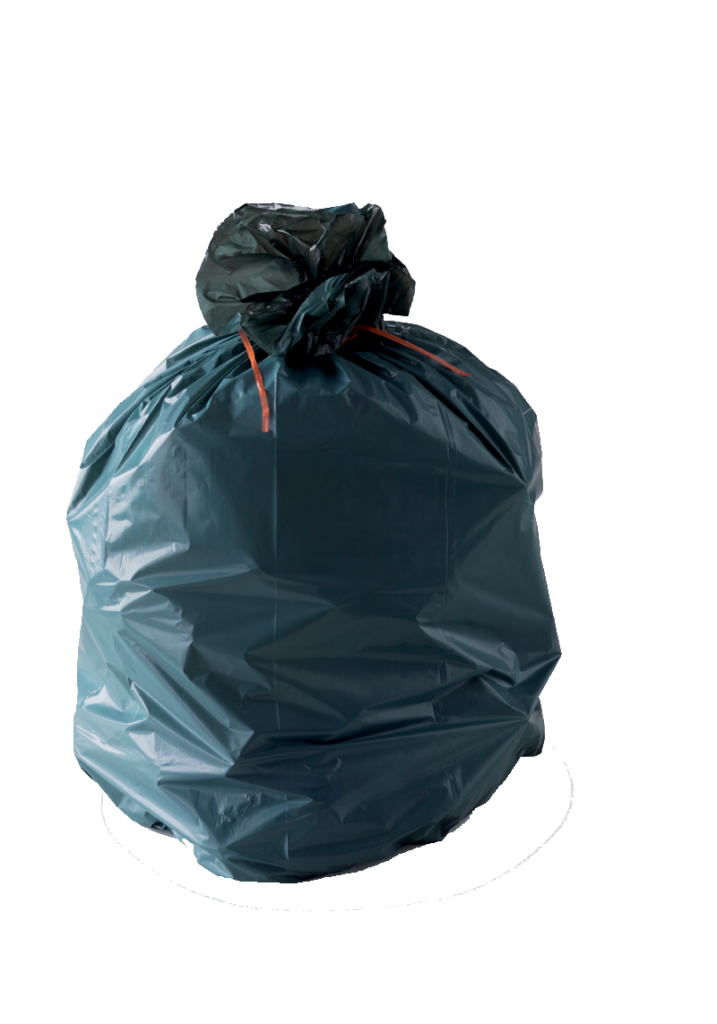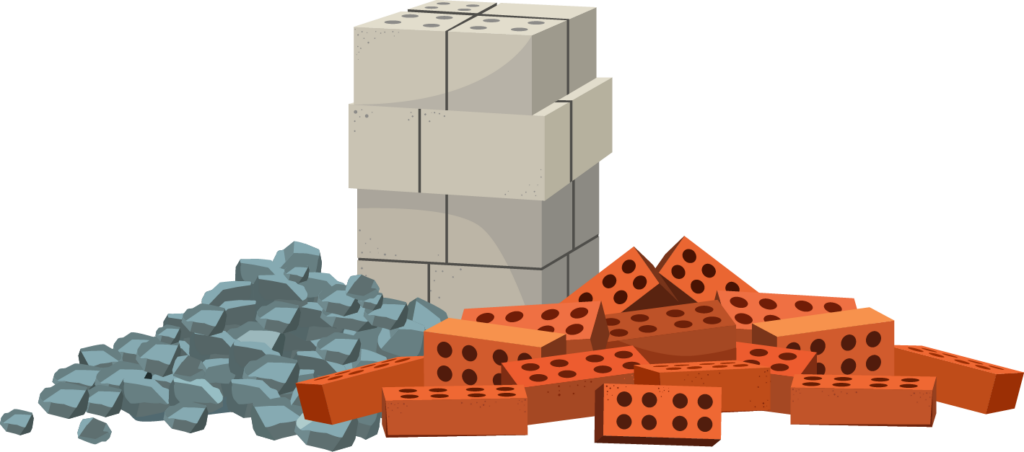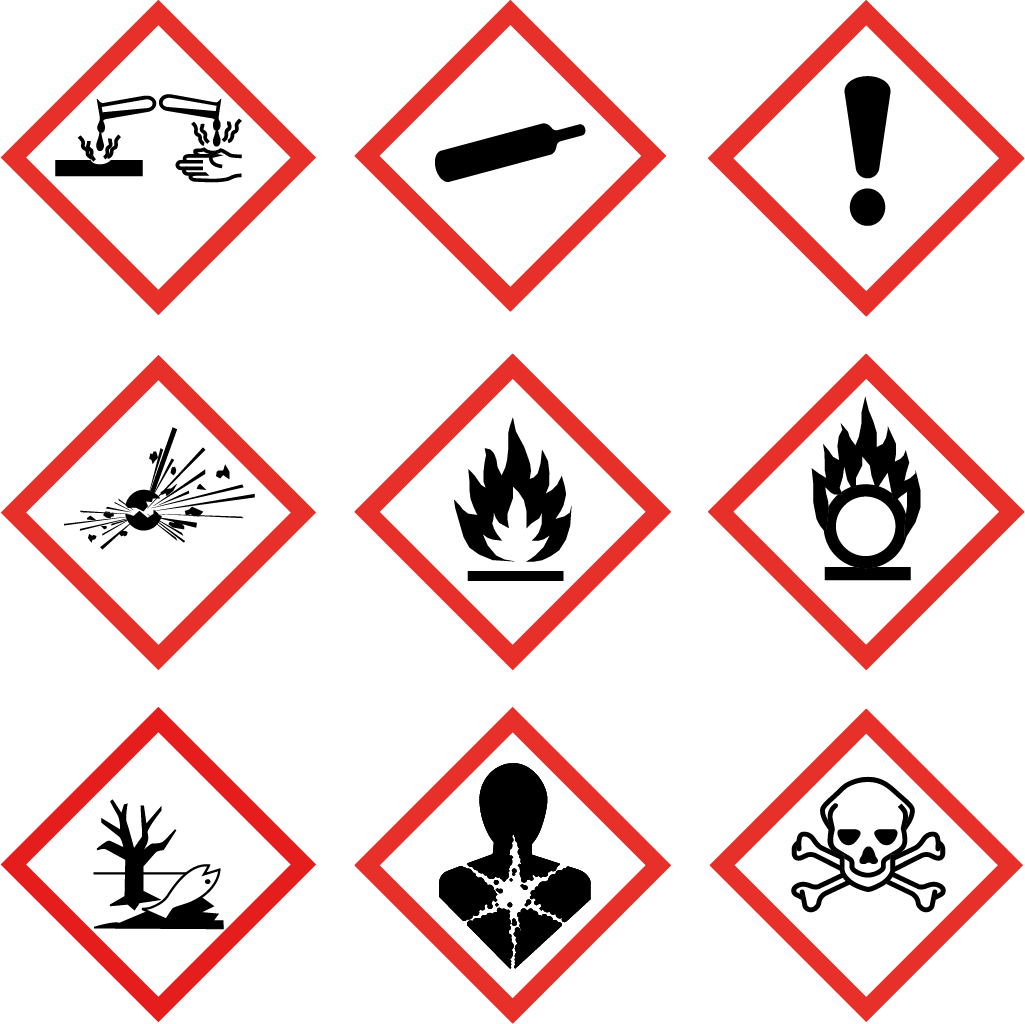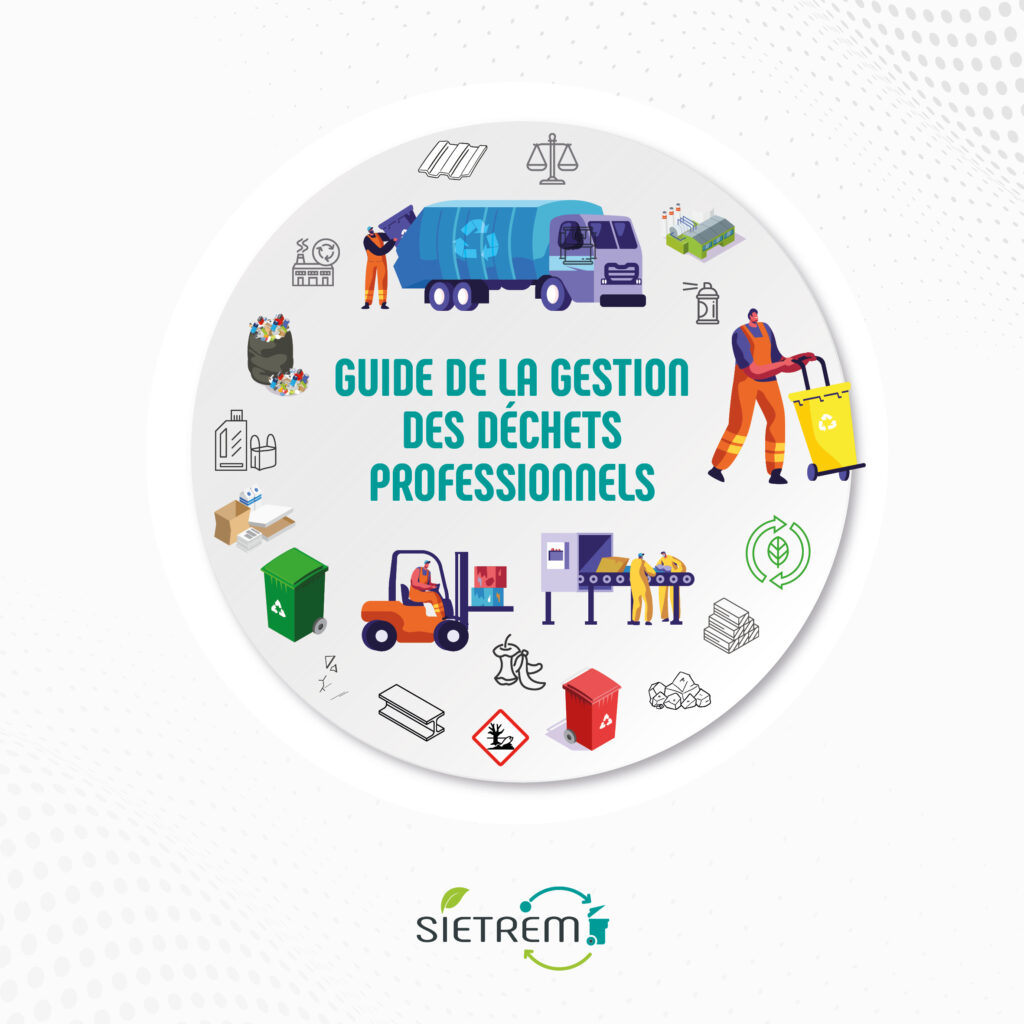ZAE Marne et Gondoire
3 rue du Grand Pommeraye
77400 St-Thibault-des-Vignes
Any questions?
Contact us at
01 60 07 09 19 or
info@sietrem.fr
3 rue du Grand Pommeraye
77400 St-Thibault-des-Vignes
Contact us at
01 60 07 09 19 or
info@sietrem.fr
Are you a professional? SIETREM explains how to manage your waste.
Waste generated from professional activities — i.e., any waste that is not classified as household waste (as defined in Article R. 541-8 of the French Environmental Code) — is commonly referred to as Waste from Economic Activities (WEA). These are divided into three categories:

This includes waste from businesses (craftspeople, retailers, offices, etc.) and public institutions (administrations, hospitals, etc.) that is similar in nature to household waste and collected under the same conditions.

These are mainly mineral wastes produced by the construction sector: concrete, bricks, tiles, asphalt, excavation material, glass, etc. Note: Plaster (gypsum) is not considered inert waste.

These wastes contain toxic or dangerous substances that pose risks to health and the environment.
They can be:
Organic (e.g., solvents, hydrocarbons)
Mineral (e.g., acid residues, metal hydroxide sludge)
Gaseous (e.g., pressurized cylinders)
Hazardous waste is marked with an asterisk (*) in the regulatory listings, in accordance with Article R. 541-8 of the French Environmental Code.
Under the Environmental Code, all professionals are fully responsible for the waste generated by their activity — including how it is stored, collected, transported, treated, recovered or disposed of.
This responsibility remains even when the waste is handled by a third party.
SIETREM is responsible only for household waste collection and treatment.
However, as a tolerance, SIETREM accepts a limited amount of business waste that is similar in nature to household waste.
SIETREM’s Service for Professionals (with Limitations)
SIETREM collects up to 1,500 litres per week per site*.
Beyond this limit, waste is considered Economic Activity Waste (EAW) and must be handled by the business via a private service provider.
🛈 A “site” refers to a defined zone — industrial, commercial, craft, service, or leisure — considered as a single entity, even if it includes multiple companies or buildings.
SIETREM may provide:
One or more bins per business park (maximum combined capacity of 770 litres)
Collected twice a week
All companies within the park must have access to these bins
Waste accepted: office and catering waste only (within the 1,500L weekly limit)
All other waste types are the sole responsibility of the business and must be managed under a private waste collection contract.
For all other types of waste, professionals must turn to dedicated facilities, such as professional waste collection centres, suited to their activity.
The cost of waste treatment is typically included in the quote for the business service and is passed on to the customer as part of the service fee.
Some wastes present a particular environmental challenge and are subject to specific regulatory provisions designed to encourage their prevention and recovery. These provisions are set out in Book V of the Environmental Code.

In order to provide the best possible support to the professionals present on its territory and to respond to their problems, the syndicate has drawn up a guide entitled “La bonne gestion des déchets professionnels” (“Proper management of professional waste”). It sets out the role and regulatory obligations of each player, and lists environmentally-friendly waste prevention and disposal solutions.